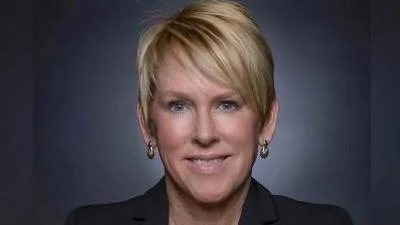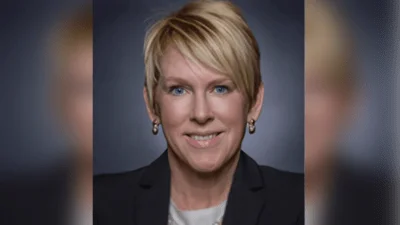Chancellor James C. Schmidt | University of Wisconsin-Eau Claire
Chancellor James C. Schmidt | University of Wisconsin-Eau Claire
The University of Wisconsin (UW) Board of Regents has approved a new Bachelor of Science degree in assistive systems and robotics engineering. This program aims to teach students to apply fundamental robotics engineering principles to assist individuals in performing tasks that may be challenging or impossible otherwise. These tasks include robotics for daily personal activities, mobility, rehabilitation, and communication.
Dr. Michael Carney, interim provost and vice chancellor for academic affairs, stated, "The new major in assistive systems and robotics engineering is a wonderful complement to our existing engineering programs, and it naturally extends our curricular focus on healthcare and biomedical innovation." He also emphasized the curriculum's focus on the human-machine interface, highlighting the potential for robotics in healthcare settings like surgery and physical therapy. Existing healthcare collaborations and proximity to medical device manufacturers in the Twin Cities are expected to benefit student research and capstone projects.
The major is part of UW-Eau Claire’s workforce development plan and aligns with the university’s goal to produce more graduates ready to enter high-demand engineering fields, according to Carney. Dr. Erik Hendrickson, professor and chair of UW-Eau Claire’s physics and astronomy department, noted that the multidisciplinary major combines physics, engineering, computer science, medicine, and healthcare into a new field of assistive robotics. He pointed out that the program builds on the foundation of UW-Eau Claire's existing strengths in materials science engineering, biomedical engineering, physics, and computer science, as well as its pre-medicine program.
“The university’s collaboration with Mayo Clinic Health System and the construction of a new Science and Health Sciences building also make the new program a great fit for the university,” Hendrickson said. He highlighted the role of assistive systems and technologies in helping individuals with disabilities overcome barriers. As a growing discipline, the field of robotics engineering is fueled by advancements in lightweight, strong materials and faster computing times in compact forms.
According to Hendrickson, the program will appeal to UW-Eau Claire students who wish to help people but are not necessarily interested in becoming physicians or physical therapists. He articulated the program’s appeal: “Some students want to use their interest in technology — robotics, computer science, physics, and engineering — to assist people.” The new major provides an avenue for such students to explore and pursue innovative solutions that enhance accessibility and independence for individuals with disabilities.
UW-Eau Claire forecasts that the program will have 80 to 100 students enrolled by the fifth year, with about 40 students graduating with the degree by then.






 Alerts Sign-up
Alerts Sign-up